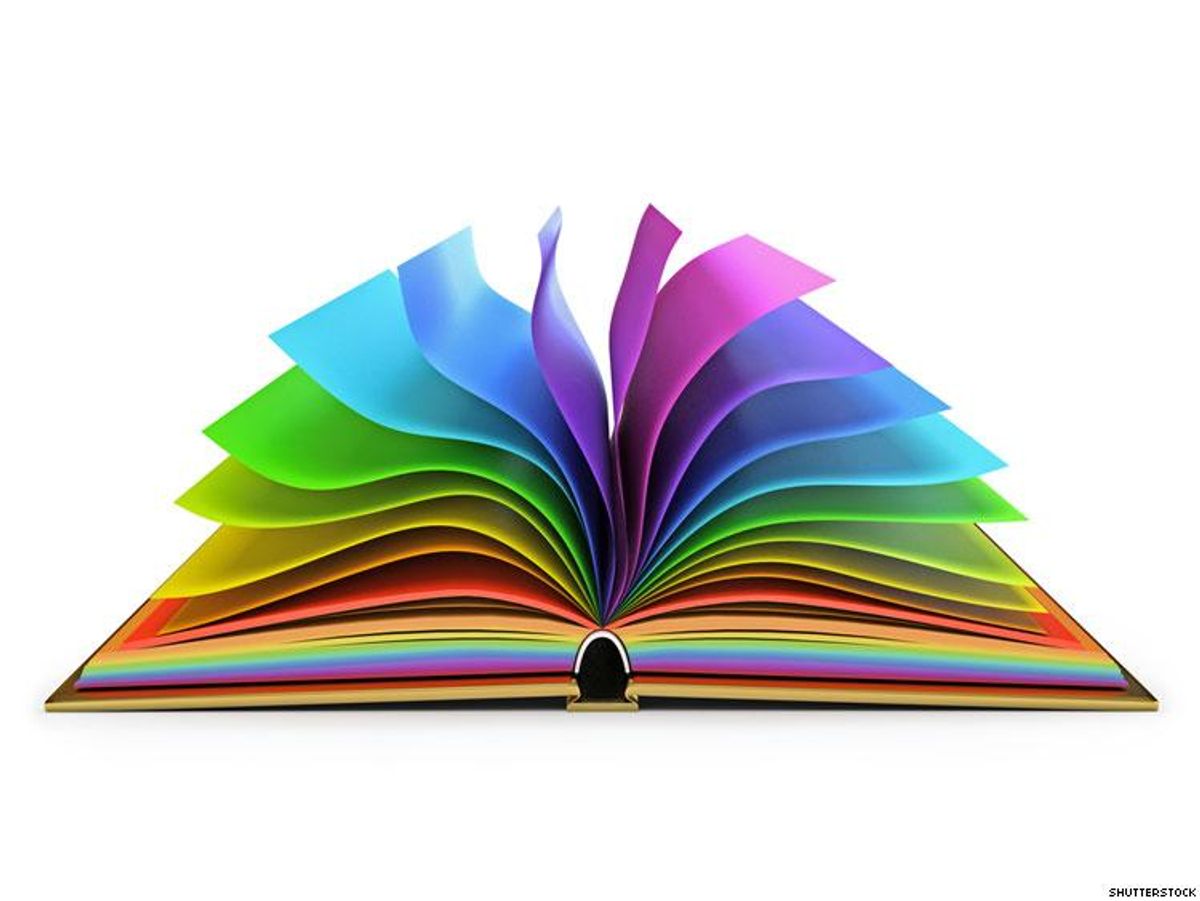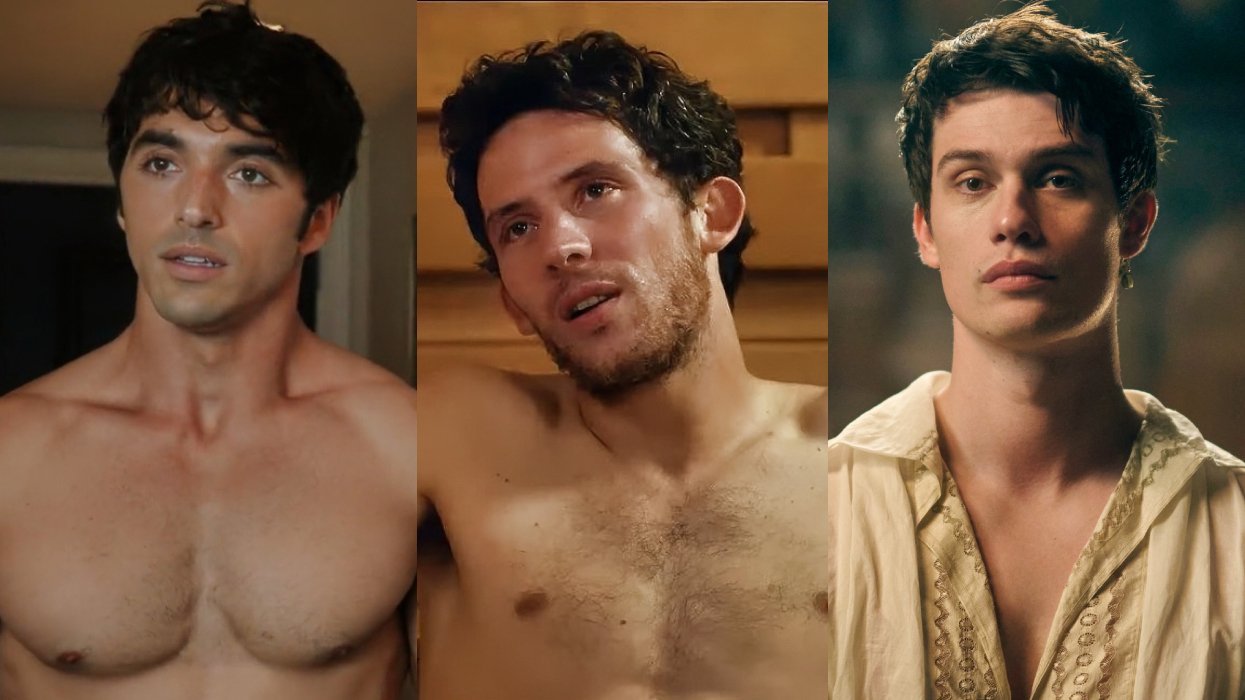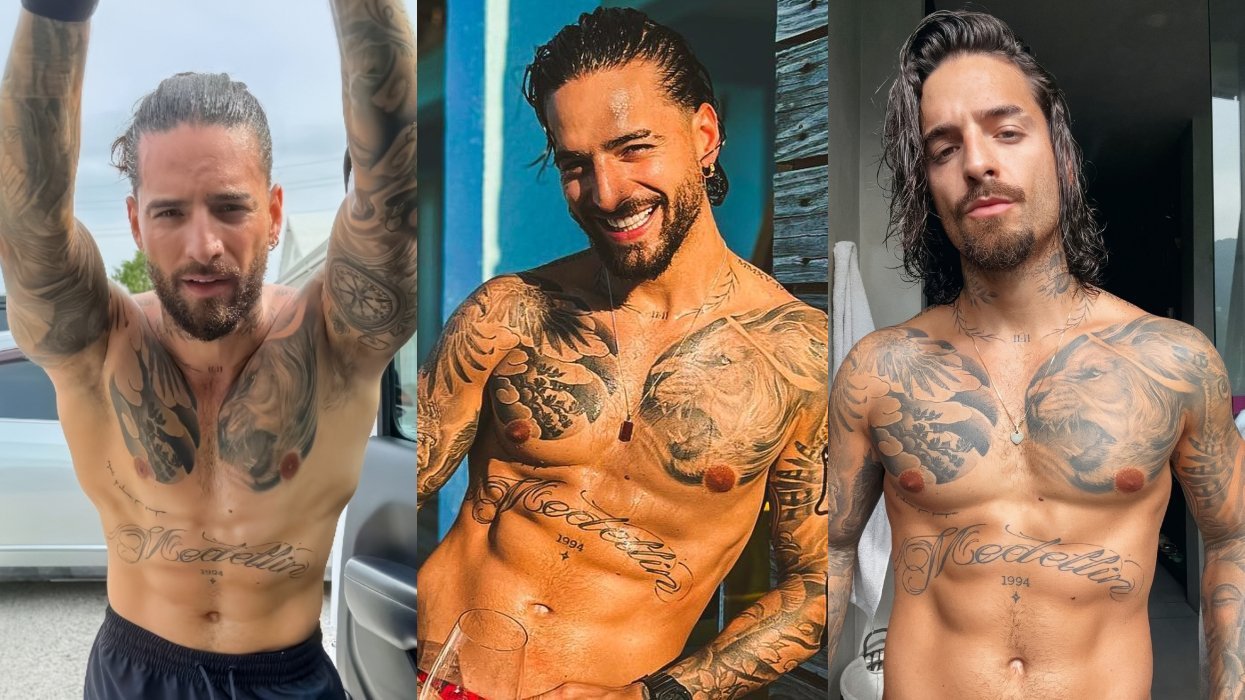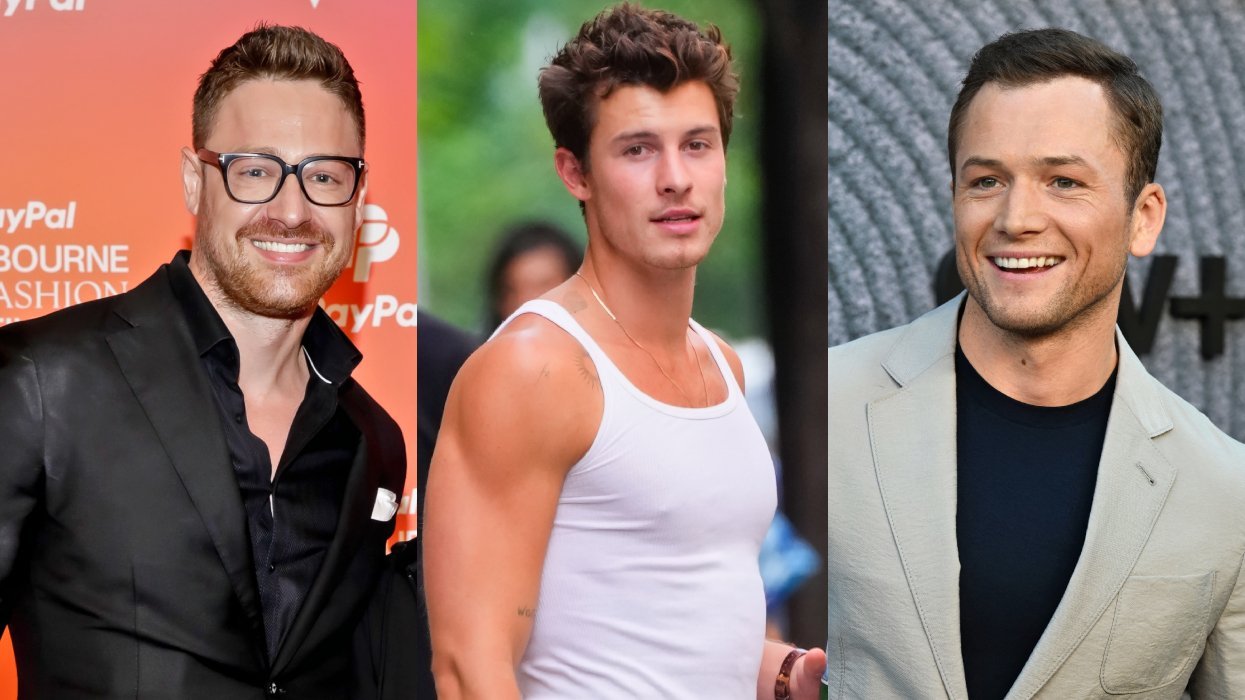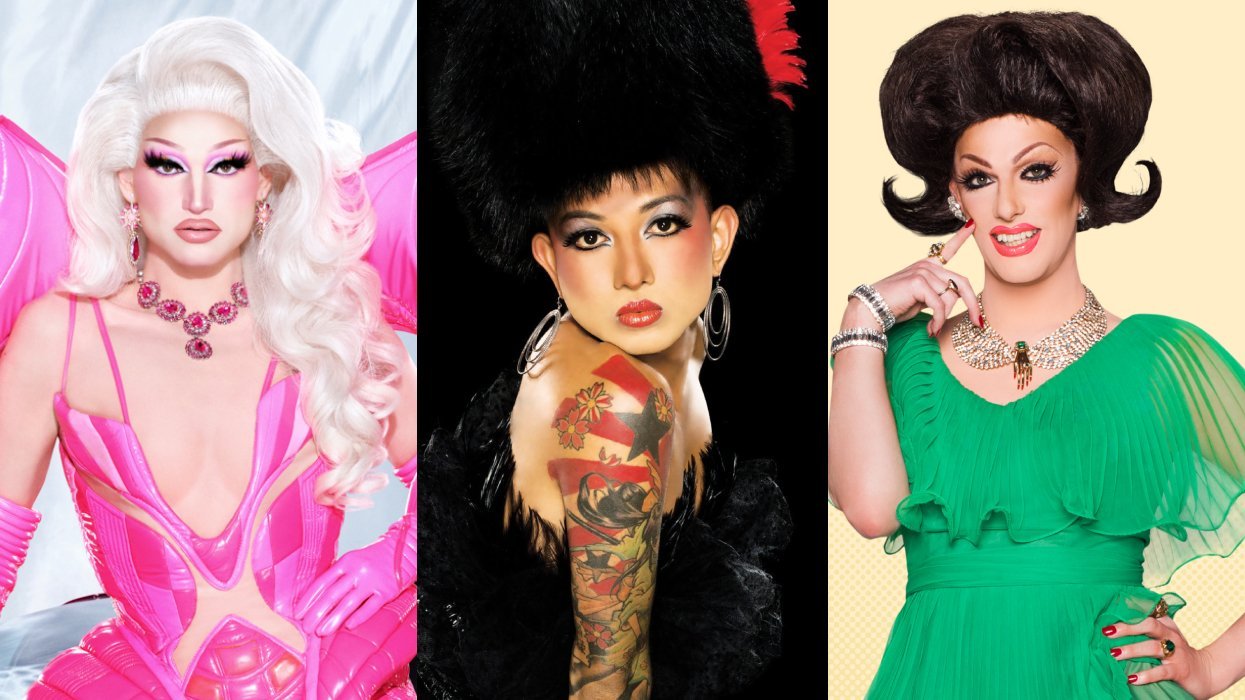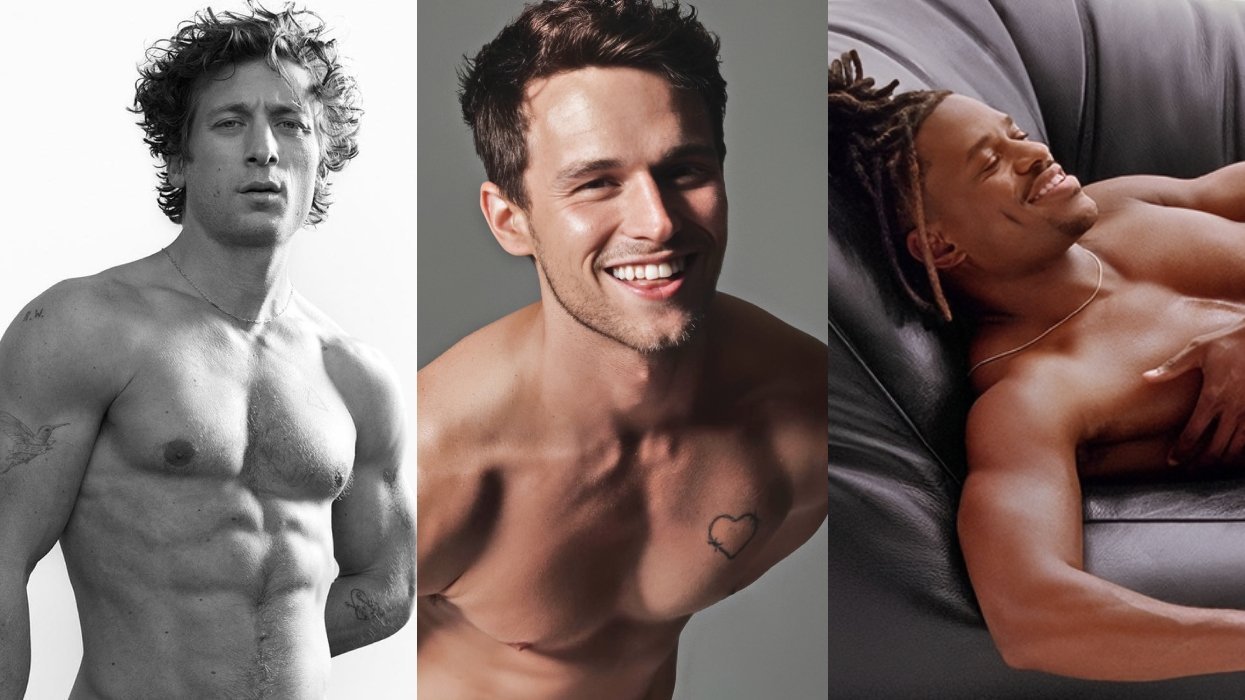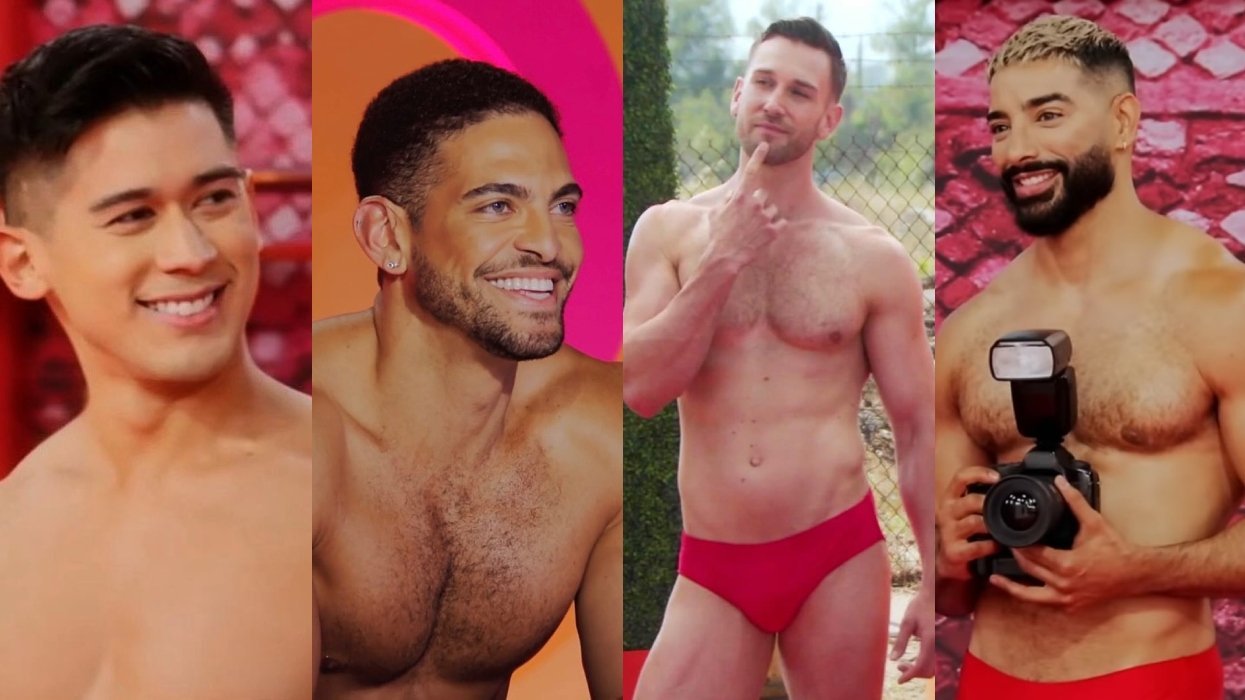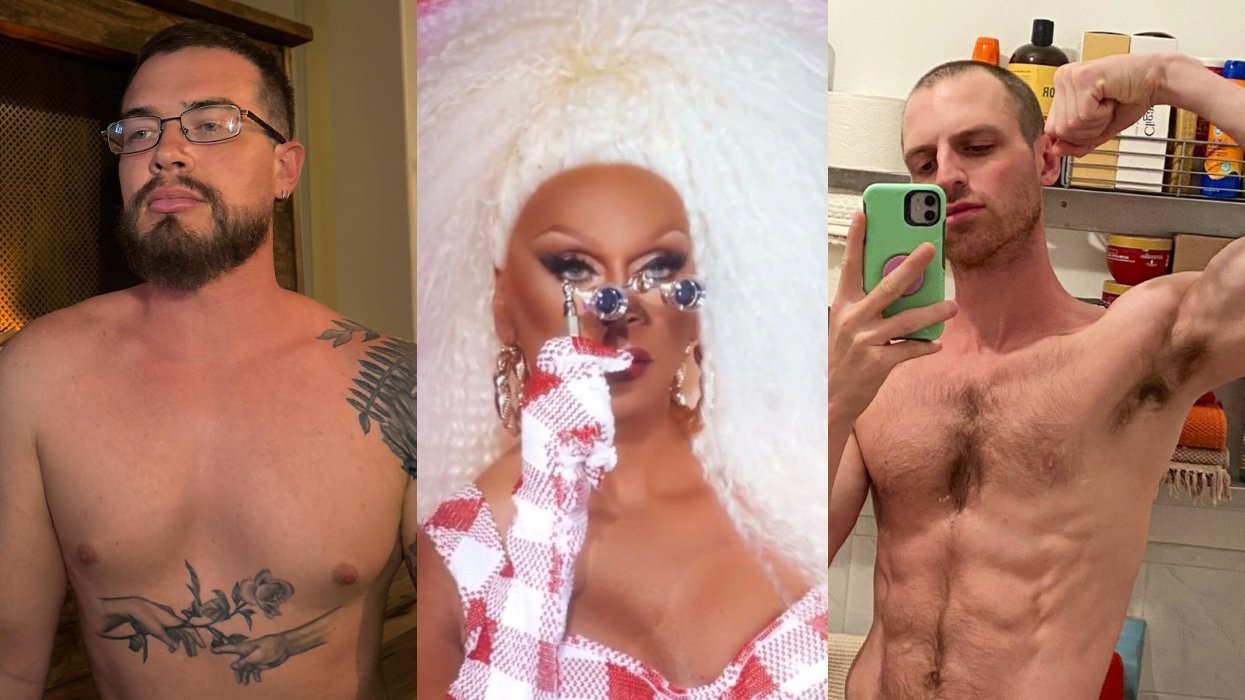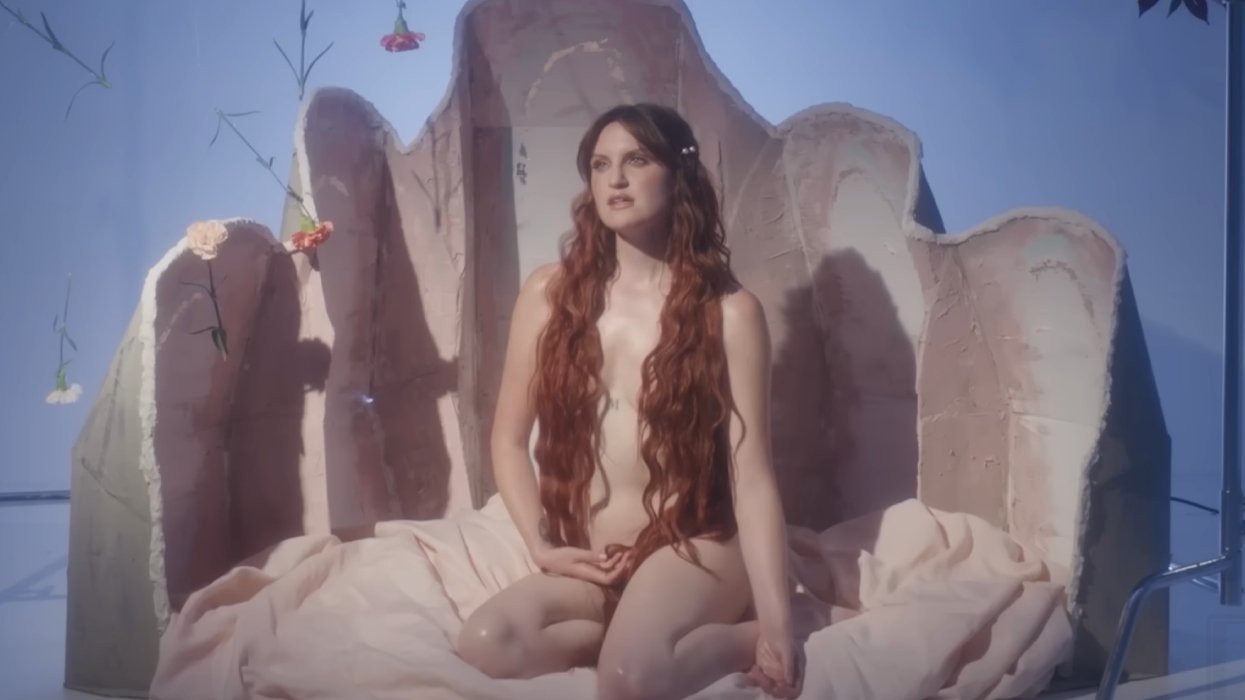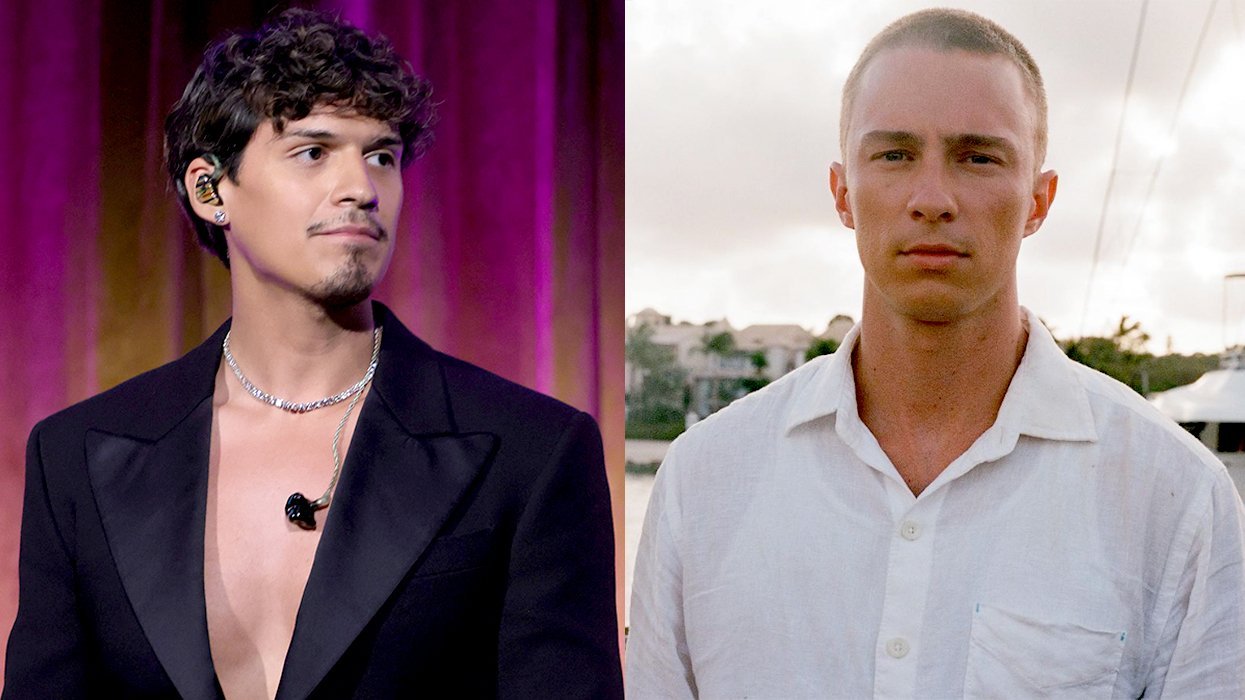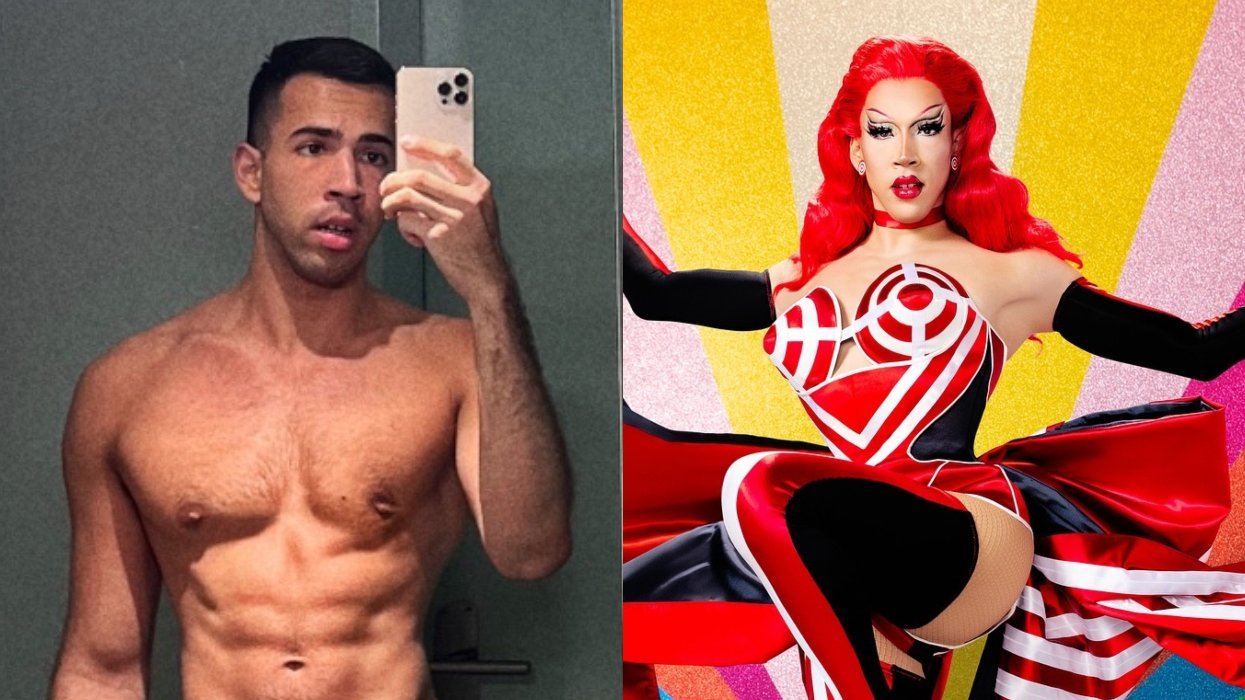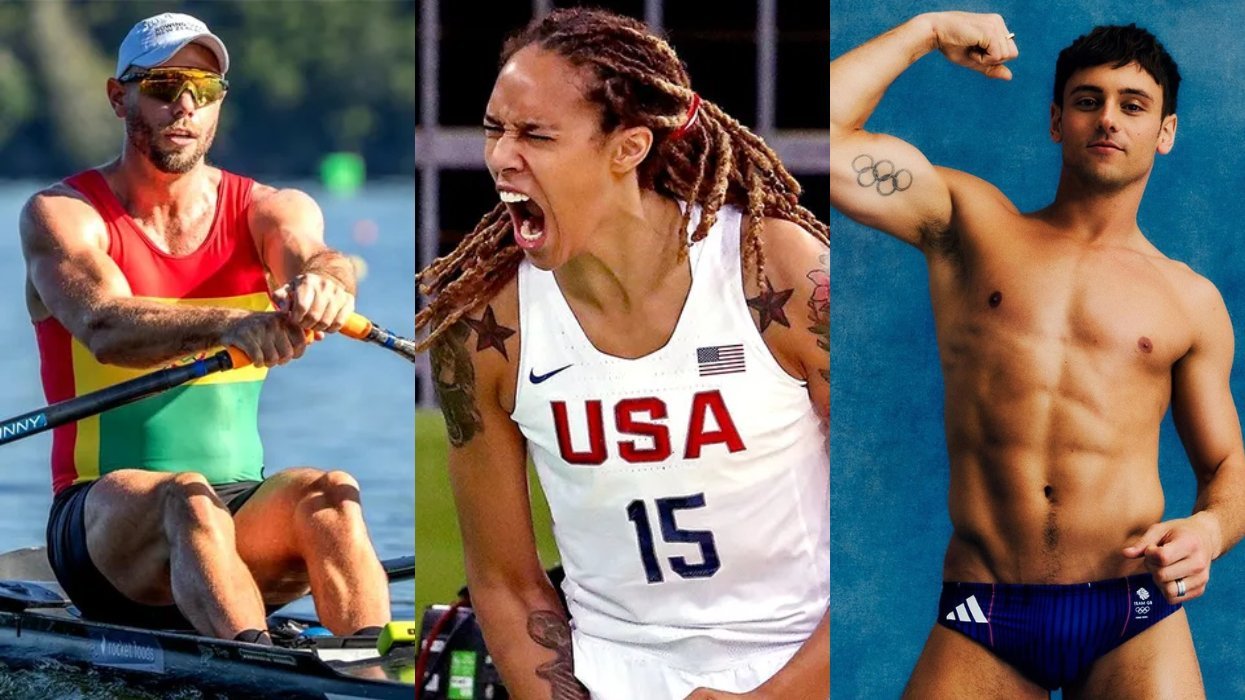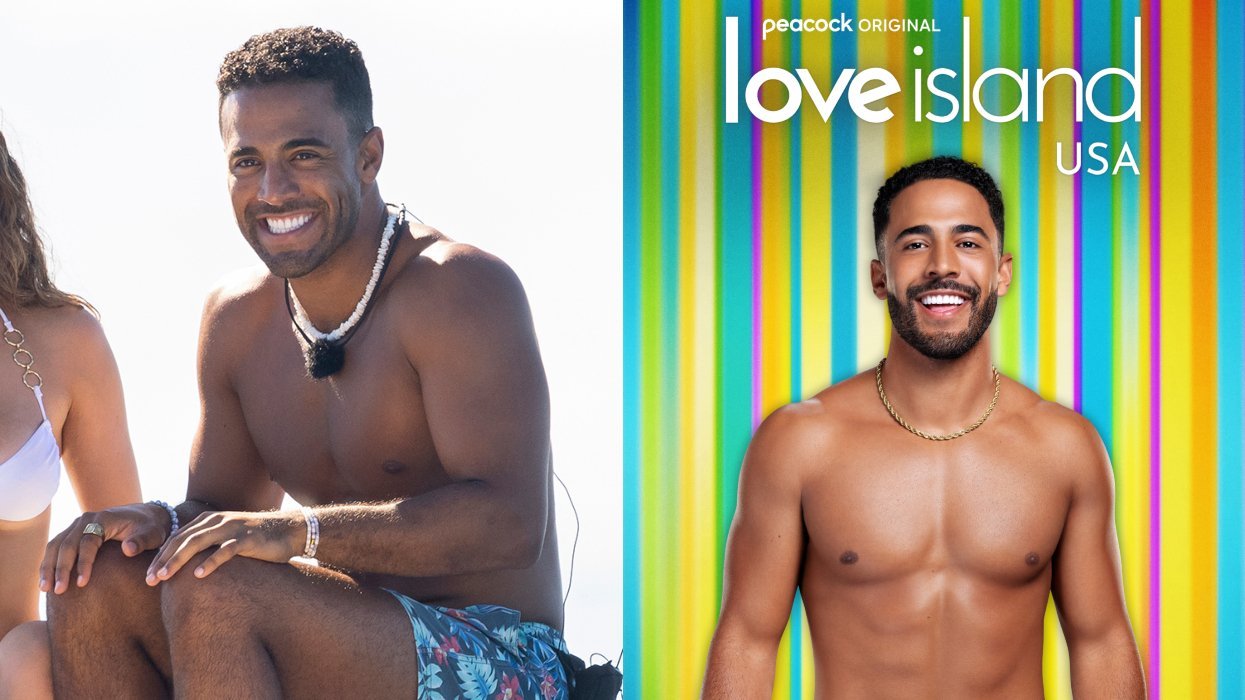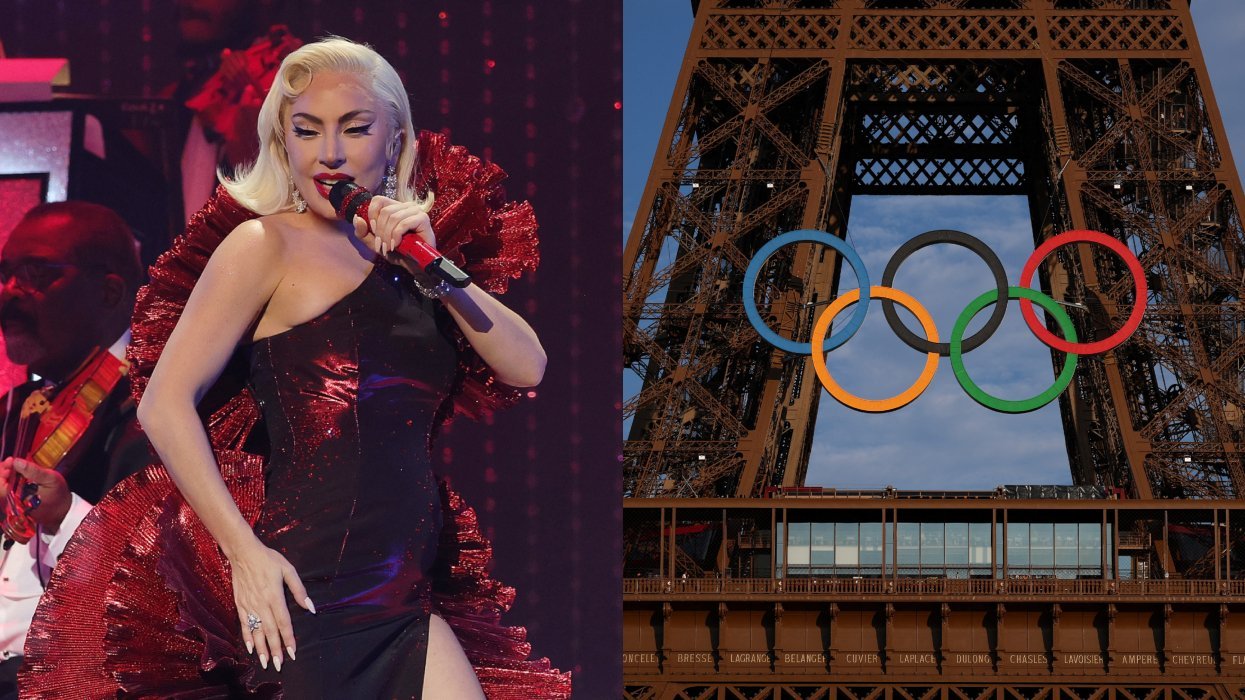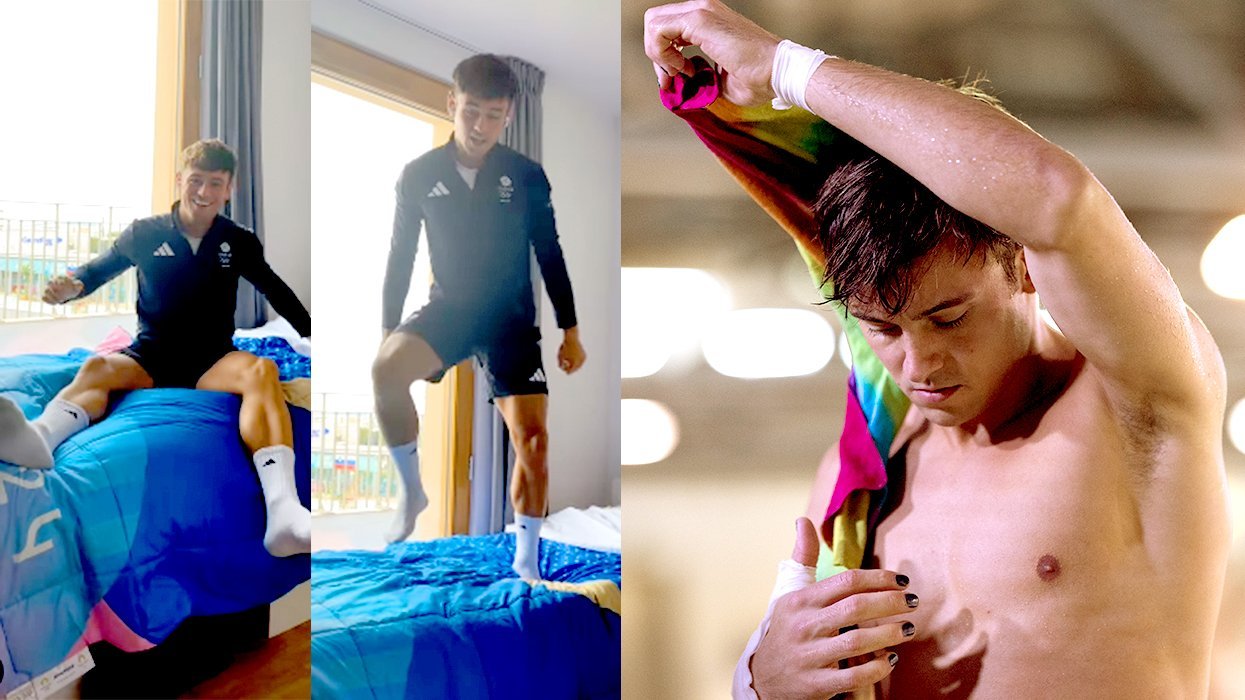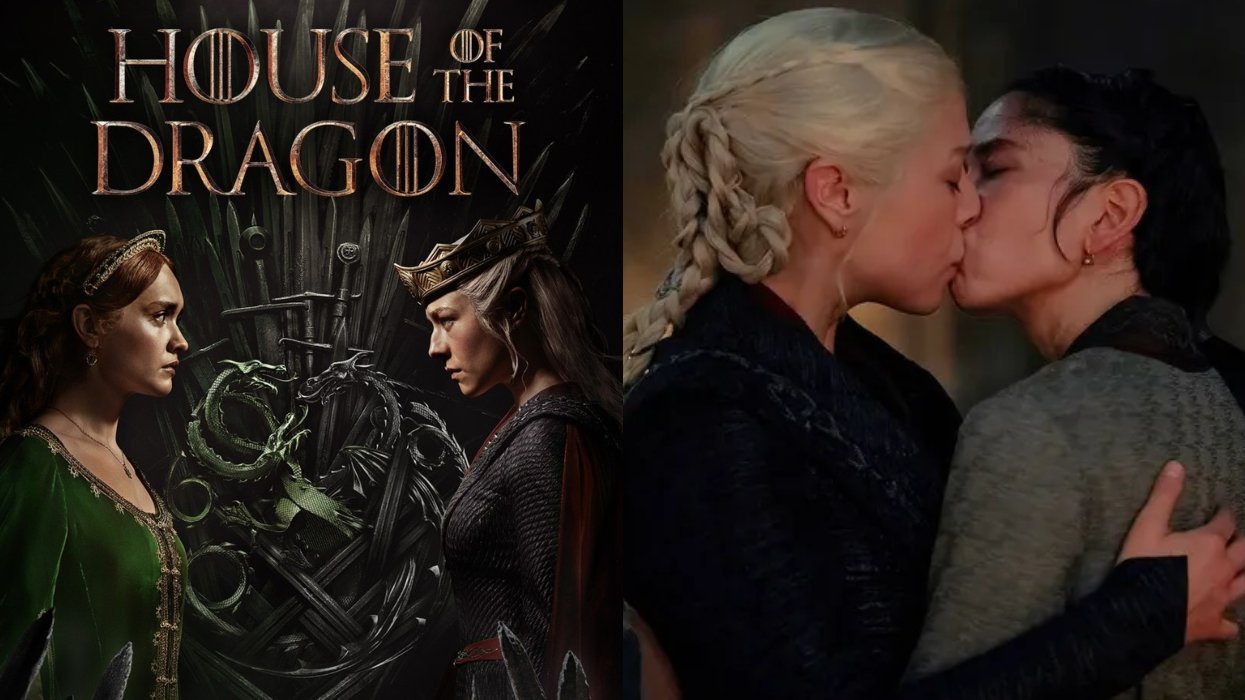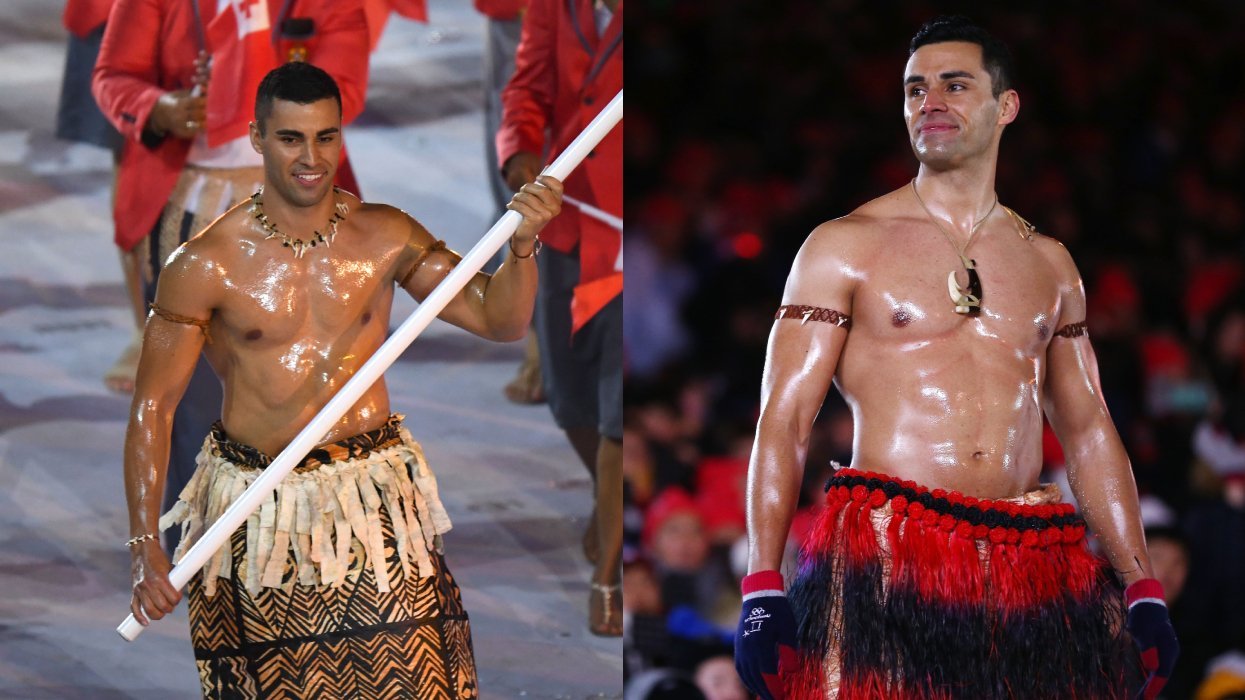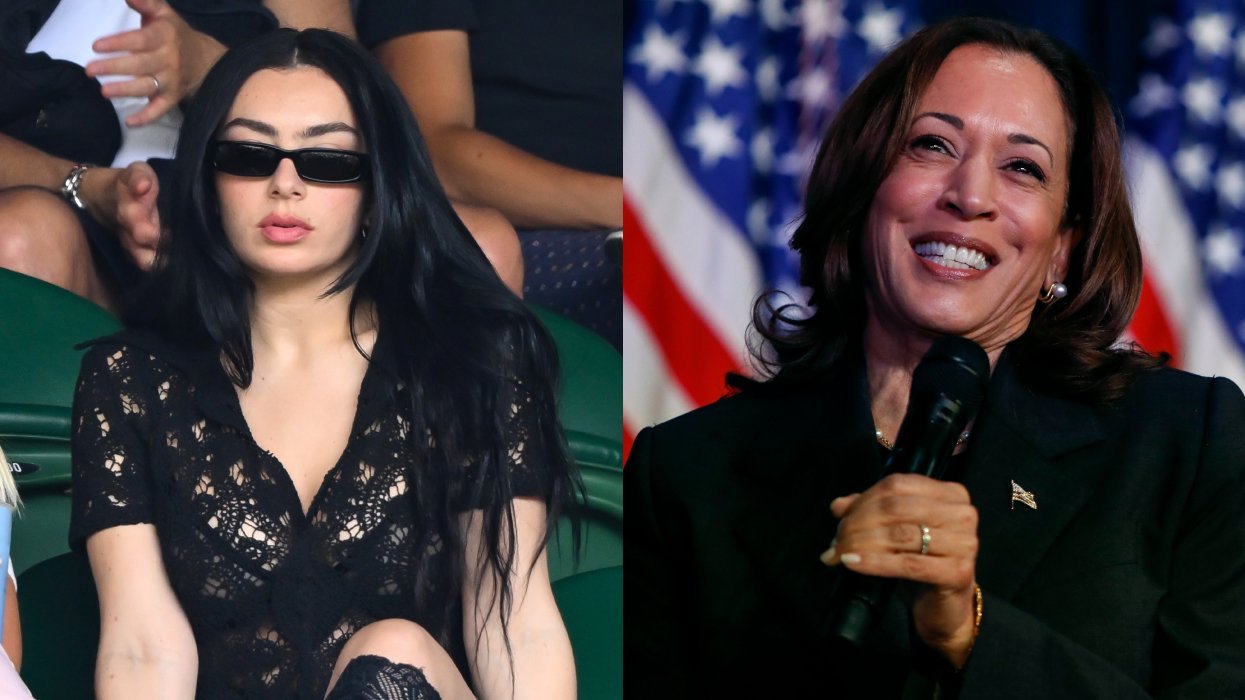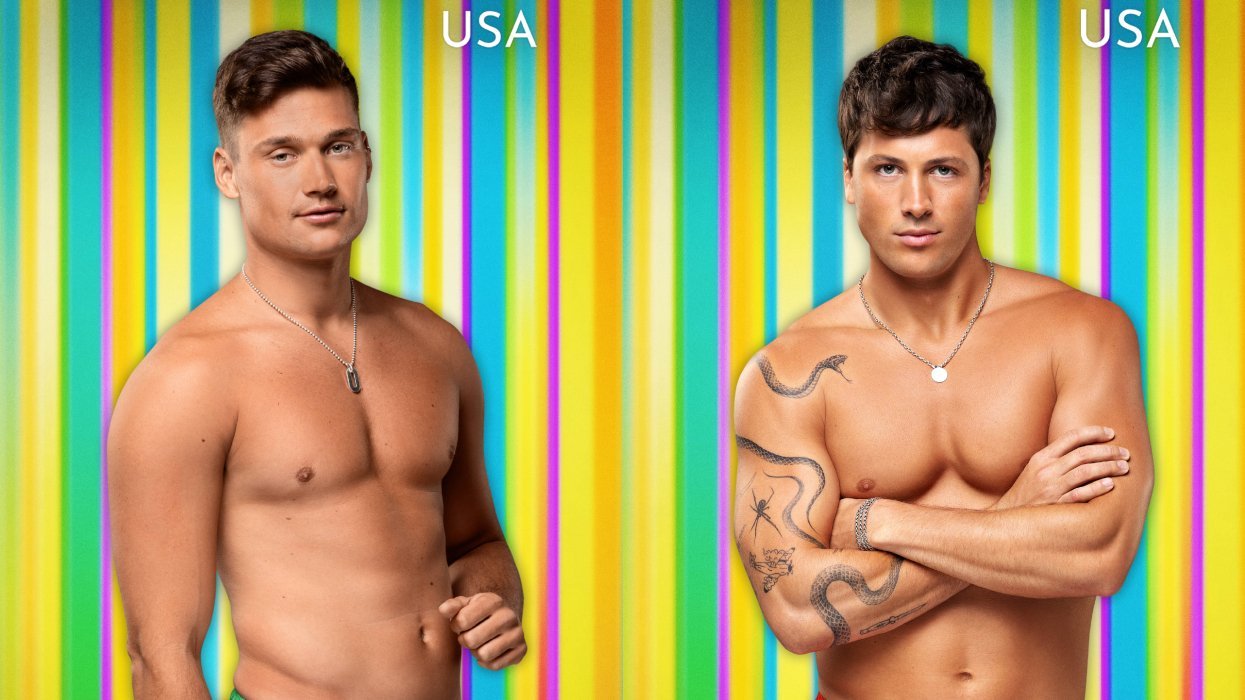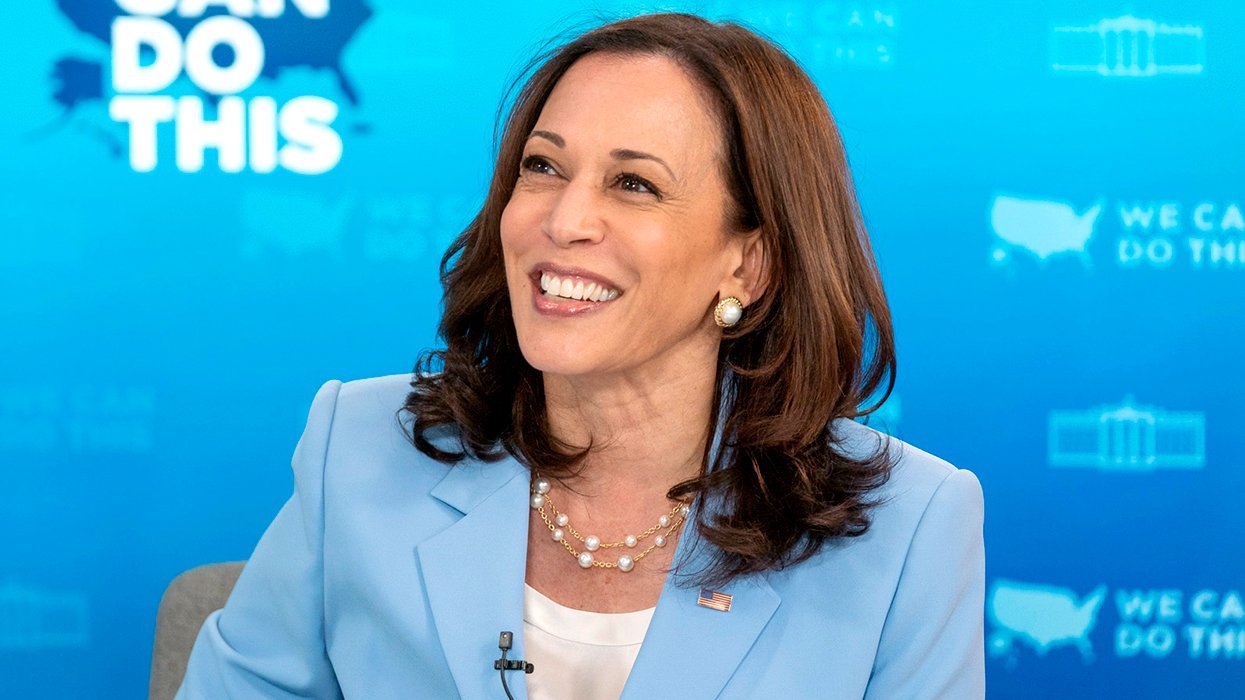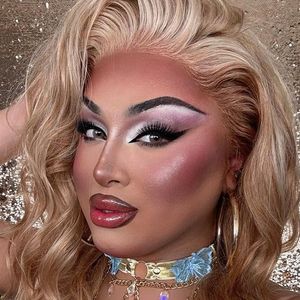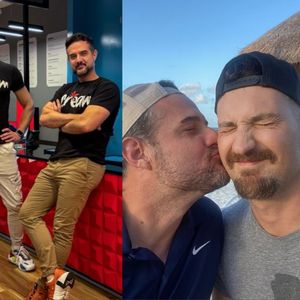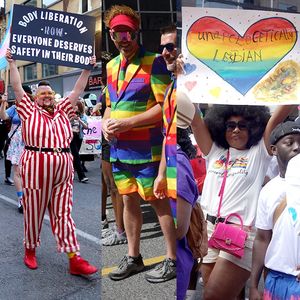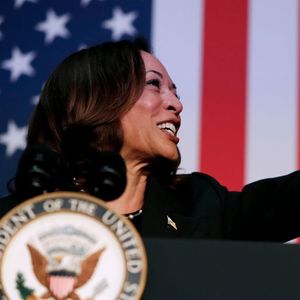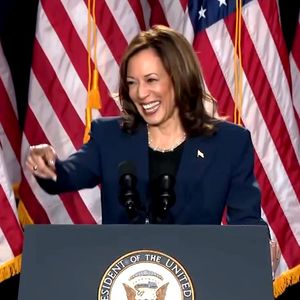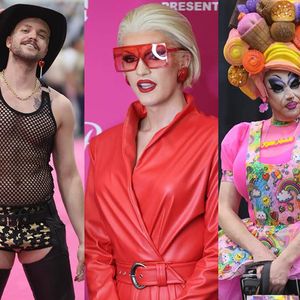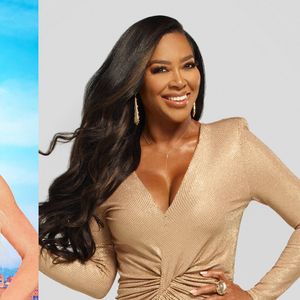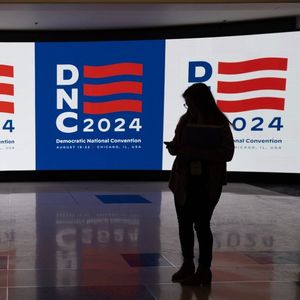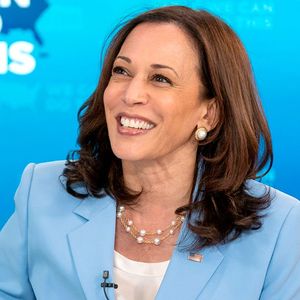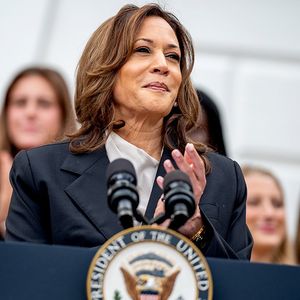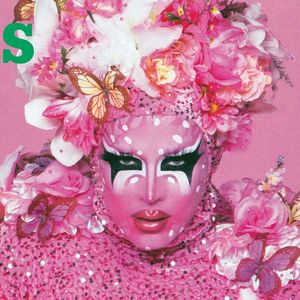Could we be entering a new golden era for queer fiction? From Garth Greenwell's haunting exploration of power dynamics in What Belongs to You to the PEN/Faulkner Award-winning Delicious Foods by James Hannaham to Saleem Haddad's Guapa -- one among a small handful of books that help us understand the gay Arab experience -- there hasn't been a year like this since the halcyon days of the 1980s. That was when a generation of LGBT writers stormed the shelves of mainstream book chains like Barnes & Noble and established a space for LGBT fiction. Other writers, from Wilde to Baldwin, had written about gay desire, but it was only in the 1980s and '90s, as AIDS ravaged the community, that the idea of gay writing as a coherent genre was fully formed. That was when Edmund White's ABoy'sOwnStory became a best seller, and Armistead Maupin's TalesoftheCity a publishing phenomenon. Still in college, a 21-year-old Bret Easton Ellis published his debut novel, LessThanZero, in 1985. That same year, Larry Kramer's TheNormalHeart opened off-Broadway. As gays were being marginalized by the Reagan revolution, stigmatized by a disease that few wanted to discuss and fewer were rushing to cure, we were finding our greatest expression as a community in art and literature. Under attack, we punched back. You can feel it in the poetry of Eileen Myles, in the fiction of Dennis Cooper, in the journals and memoirs of the avant-garde artist David Wojnarowicz. There's nothing meek about it. "The epidemic was to gay writers what World War I was to the Lost Generation: an almost unimaginable crisis, but also a tremendously galvanizing force, artistically as well as politically," says Dale Peck, editor of The Soho Press Book of 80s Short Fiction, which includes several gay writers of the era. "Of course there were other cultural forces at play, not least the rise of punk, whose cynicism and anomie were superseding the optimism of '60s counterculture, but AIDS was the real catalyst. Not all the writing was about AIDS, let alone by gay men, but the epidemic produced a general sense of urgency and anger and activism that translated into vital, powerful prose."
Related | The Greatest Queer Books Ever Written
For those coming of age in the 1980 and 1990s, it was nothing short of miraculous that you could pick up a book such as Peck's 1993 debut, Martin and John, that gave legitimacy to queer experience and desire in the AIDS era, and which could also be bold, experimental, and uncompromising. And then it stopped. Queer fiction fell out of fashion as publishers retrenched and bookselling became a numbers game. It's hard to know exactly what happened, but in Peck's view it was the result of assimilation. "We'd been used to making art from an outsider perspective, but that identity was increasingly archaic," he says. "By the mid-'90s we were as bougie as everyone else. And it took a while to decide what kind of art we were going to make to reflect that new position."
If anything distinguishes the queer fiction of 2016 over, say, that of 1986, it's the multiplication of voices and perspectives. The past year has seen the publication of not one but two queer novels by Jamaican writers -- Marlon James's Man Booker Prize-winning ABriefHistory ofSevenKillings and Nicole Dennis-Benn's HereComestheSun -- and a posse of black wordsmiths, including Hannaham, Jericho Brown, Saeed Jones, and Darryl Pinckney, are helping to fuel a renaissance of LGBT literature. "No movement that counts Langston Hughes, James Baldwin, Samuel Delany, Octavia Butler, and Audre Lorde in its lineage can be described as 'new,' but the Black Lives Matter movement and the recognition that systemic racism is far from over [have] created a real demand for black voices and perspectives that LGBT writers are doing their part to meet," says Peck. "I don't know if you'd say that the same is true for all LGBT writing. There are any number of exciting and/or successful LGBT writers putting out work right now, including Greenwell and [Alexander] Chee and Alison Bechdel, but I don't know if this reflects a community-centered movement as much as the growing presence of LGBT writing within the mainstream literary community."
In collaboration with One Grand, a curated bookstore conceived by Out editor Aaron Hicklin, we invited a series of LGBT writers and artists to nominate their favorite LGBT books of all time.
Like what you see here? Subscribe and be the first to receive the latest issue of Out. Subscribe to print here and receive a complimentary digital subscription.
